Director: Asghar Farhadi
Screenplay: Asghar Farhadi
Starring: Peyman Moaadi, Leila Hatami, Sareh Bayat, Shahab Hosseini, Sarina Farhadi, Kimia Hosseini, Ali-Asghar Shahbazi
Year: 2011
Languages: Persian
UK rental release: November 2011
IMDb
LoveFilm
Rotten Tomatoes
Continuing the awards season reviews, this week I thought I'd choose a winner over a near miss. Taking trophies at nearly every single film festival, Asghar Farhadi's A Separation touched the hearts of many, even taking the gong for Best Foreign Language Film at the 2012 Academy Awards, even beating the brilliant Bullhead (reviewed recently). Let's delve into the film that took the world by storm between 2011 and 2012.
A couple argue during a hearing over their desire to divorce. Simin's (Leila Hatami, Deserted Station, Leila) visa is due to run out and sees this as a sign for right timing; she wants to leave Iran.
Her husband, Nader (Peyman Moaadi, Camp X-Ray, About Elly) won't go with her. He has to stay with his sick father (Ali-Asghar Shahbazi) who suffers from Alzheimer's disease. His responsibility for his father may be overshadowing his duty to his wife and daughter, but he feels drawn to do what's rise for his ailing dad.
Termeh is unaware that her mother is leaving for good. She thinks she's only going for a couple of weeks. She has an idea that something is up but she wants to stay with her father.
With Simin away, living with her parents for the time being, and Nader's commitment at work, there's a huge need to employ someone to take care of Nader's father. Razieh (newcomer, Sareh Bayat) and her little girl, Somayeh (also newcomer, Kimia Hosseini) decide to take up the job, which includes regulating the old man's medication and plenty of housework too.
This work is a strain on Razieh though being four months pregnant. She begins to struggle with the load on her and begins to question her involvement, especially when considering such a hug commute. Also, as she has taken the job through word-of-mouth and not with her husband's approval, she cooks up an alternative way of getting things straight. The husband, Hojjat (Shahab Hosseini, About Elly, Goodbye), a hot-headed individual, visits Nader at the bank he works at to discuss taking on the work himself.
Due to some trouble with his creditors, Hojjat cannot make his first day on the job. To her distress, Razieh has to continue in his place until he can be made available. However, Nader is surprised to come home that day to find his father passed out on the floor, with his hand tied to the bed. Razieh and Somayeh are nowhere to be seen, even though the girl's rucksack is still there.
With some money missing from the apartment, this upsets Nader heavily. Once Razieh returns with her daughter, he cannot contain his dismay. The incident starts to build tension between the, with the ensuing argument causing some dire circumstances.
As their world falls apart, estranged wife Simin feels guilty for her choices, wanting to do all she can to fix this horrendous situation. The further she digs, the closer she gets to a heartbreaking revelation.
To those in the know, it has been incredibly difficult for filmmakers in Iran for some time. Politically, there are always barriers and rules, the beautiful art of storytelling with the lens puts strain on people like Asghar Farhadi, who received no government support for this picture. This may be partly due to a speech he made where he wished to see the release of two prolific filmmakers involved in the Iranian Green Movement: Mohsen Makhmalbaf and Jafar Panahi, who's autobiographical documentary This Is Not A Film (of which I have reviewed in the up-and-coming Eyelids Of Dawn Pt.2...watch this space!) illustrates the difficulty of making pictures in their nation.
Farhadi still managed to circulate some interest and get some financing in the end, managing to make this beautiful piece on a modest budget of $500,000. Stripping down the investment and concentrating on filming and story, he has crafted a stunning picture.
While nearly completely filmed in handheld style, he uses tight spaces to dress this tense world that our characters are drafted into. With wonderful use of close-ups quite regularly, Farhadi also manages to expose both the subtle and explosive performances from our cast, both approaches being strong in their own right.
A delicious array of characters are presented here. For a start, Kimia Hosseini as Somayeh is as cute as a button. A colourful and confident young child, when things get too frightening, she shies away, peering around corners with her huge eyes. You'll fall in love with her immediately. Just as sweet is Ali-Asghar Shahbazi, portraying the suffering father to Nader. He will absolutely break your heart, as Shahbazi plays him with such softness and sorrow, he'll melt you.
In fact, everyone is just excellent. Hojjat is a very well drafted character, with his charisma and dramatic presence infusing his persona with a spectrum of emotional outbursts. Shahab Hosseini handles the role with such a delicate manner, he truly embodies Hojjat. Most interestingly, Farhadi cast his own daughter, Sarina, to play the unsettled daughter, Termeh. This is a complex role, which Sarina executes with sensational calm. Her approach is one of being tender, but wrought under the surface. She is the heart of the entire story, and I'd like to think that her comfort with her father directing may have helped to illustrate, in front of the lens, a strong relationship between her role and that of Nader.
Of course, the performer playing Nader himself, Peyman Moaadi, is just superb, especially in scenes opposite his on-screen, played magnetically by Leila Hatami. In their key moments, they clearly demonstrate on of A Separation's ace cards - honest and organic acting.
 Take the superb opening scene, for example, which is an absolute actor's dream! A locked-on, mid shot of our two leading performers, slowly building through their differences, with an argument that's pretty much about as real as it gets. It sets a perfect tone for the film right from the start, allowing this pair of incredible performers to to act their guts out and show the world what they can do.
Take the superb opening scene, for example, which is an absolute actor's dream! A locked-on, mid shot of our two leading performers, slowly building through their differences, with an argument that's pretty much about as real as it gets. It sets a perfect tone for the film right from the start, allowing this pair of incredible performers to to act their guts out and show the world what they can do.
You can see why it won all those gongs purely in its collection of simply stand-out performances alone. But A Separation brings so much more with it, in particular an exceptional script. Besides taking the Oscar for Best Foreign Language Film it was also nominated for Best Original Screenplay, which is breathtaking when considering how quickly Farhadi put it together.
It's such a deep upsetting tale, that's excellently written. One impressive decision was to use virtually no music throughout the entire piece (besides a subtle tune during the closing credits). The whole film is reliant on the dialogue for its rhythm and momentum. The script is incredibly powerful, our actors using the text to its maximum, allowing the words to dance across each scene. There's one scene in particular that illustrates this: a hearing about 55 minutes into the picture following a key event, broken into two parts and acting as a keystone to the entire story, and is incredibly tense.
The situation that has caused this criminal dispute between Nader and Razieh drives the entire plot and exists purely as of a result of the separation of our Termeh's parents. Yet, through this, A Separation is less about the segregation of our two leads itself and more about the weight of bearing both truth and lies. As you experience it through the respected eyes of each individual you unearth a plethora of mixed feelings within yourself, totally buying into the dilemma at hand and questioning every morals attuned to all involved.
With so many secrets, tied up in this web of relationships, it's a smart and graceful piece, merited by its justified awareness, and proof that simplicity, sometimes, reveals surprising complexity at its core. A hard balance to achieve in the medium of film, yet Farhadi has absolutely nailed it.
There's no doubt that buried deep within the turmoil of this story, A Separation does a wonderfully tasteful job of addressing religion, marriage, illness, responsibility and honesty. At moments, it's full of melancholy, which can be off-putting to some. Yet, it's this confident regard to truism, teamed up with spectacular dialogue, handled extravagantly by a cast totally on their game that makes this film so great. A masterpiece!
Don't forget to leave comments below, tweet me @filmbore or post on my Facebook page here.
Alternatively, you could contact me directly about this film or my other reviews on pickoftheweek@filmbore.co.uk

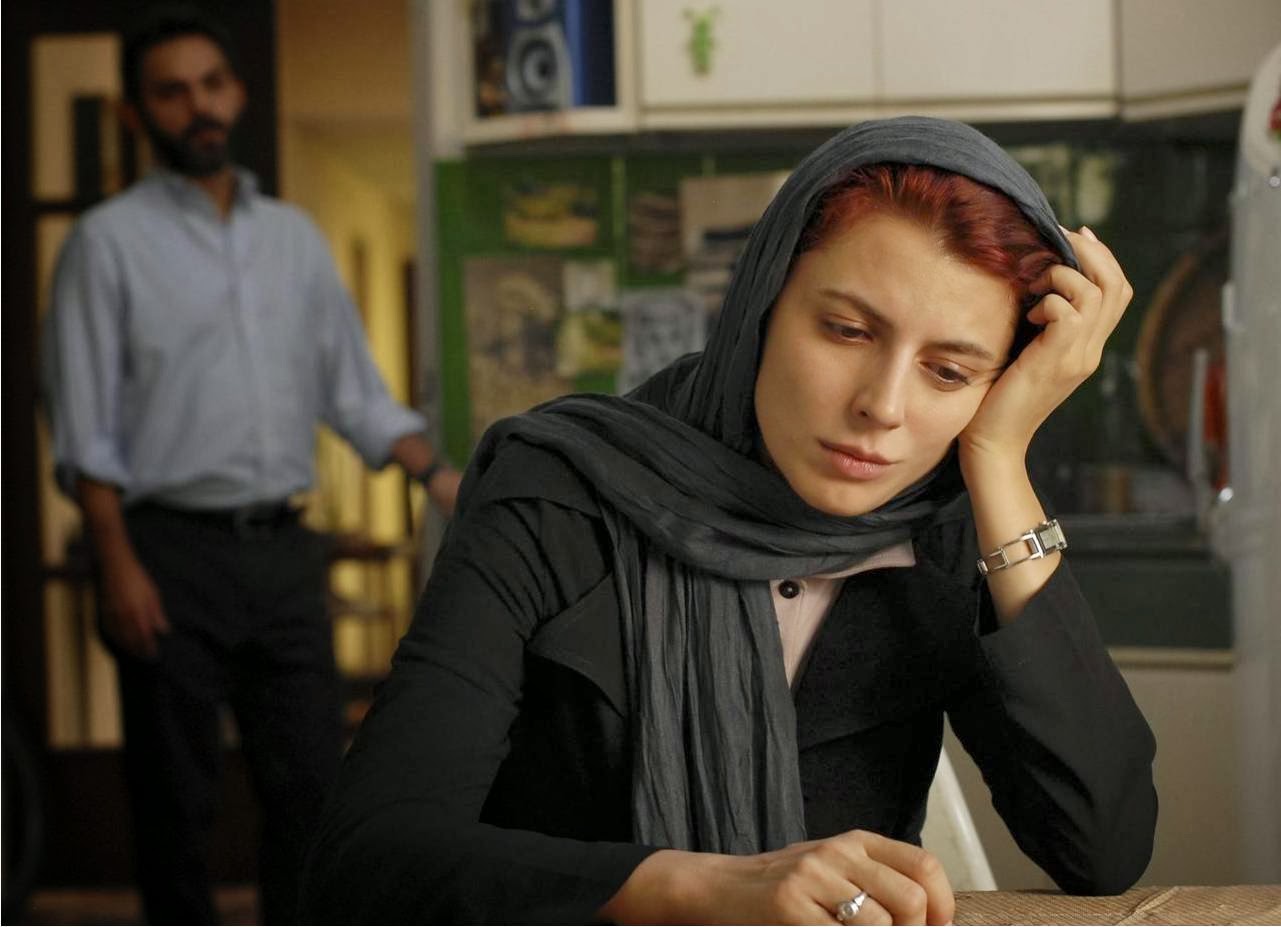



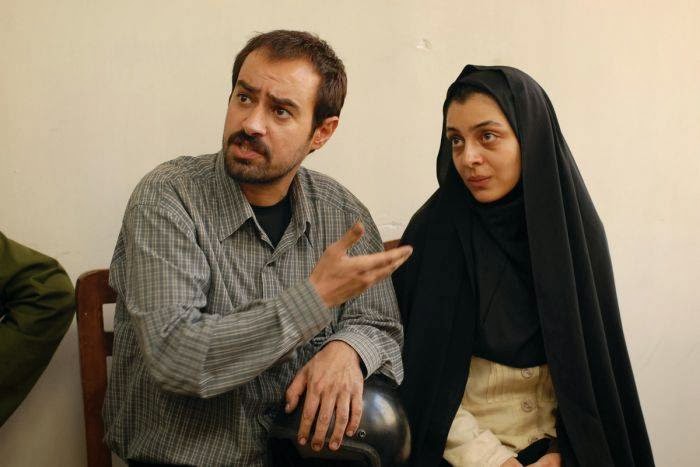
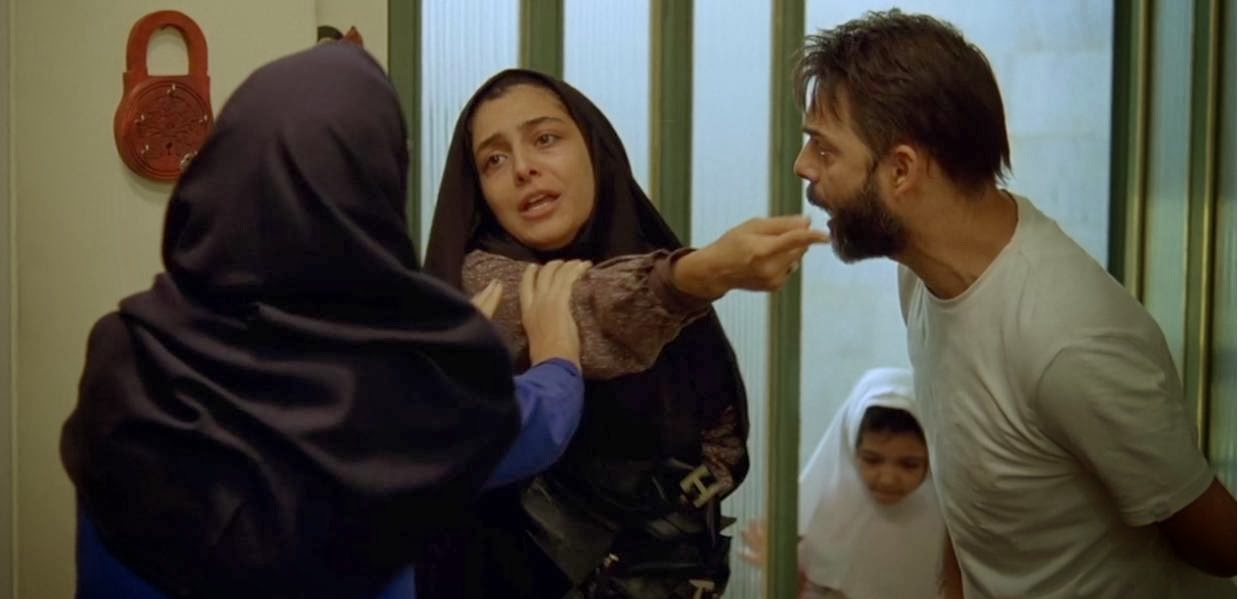

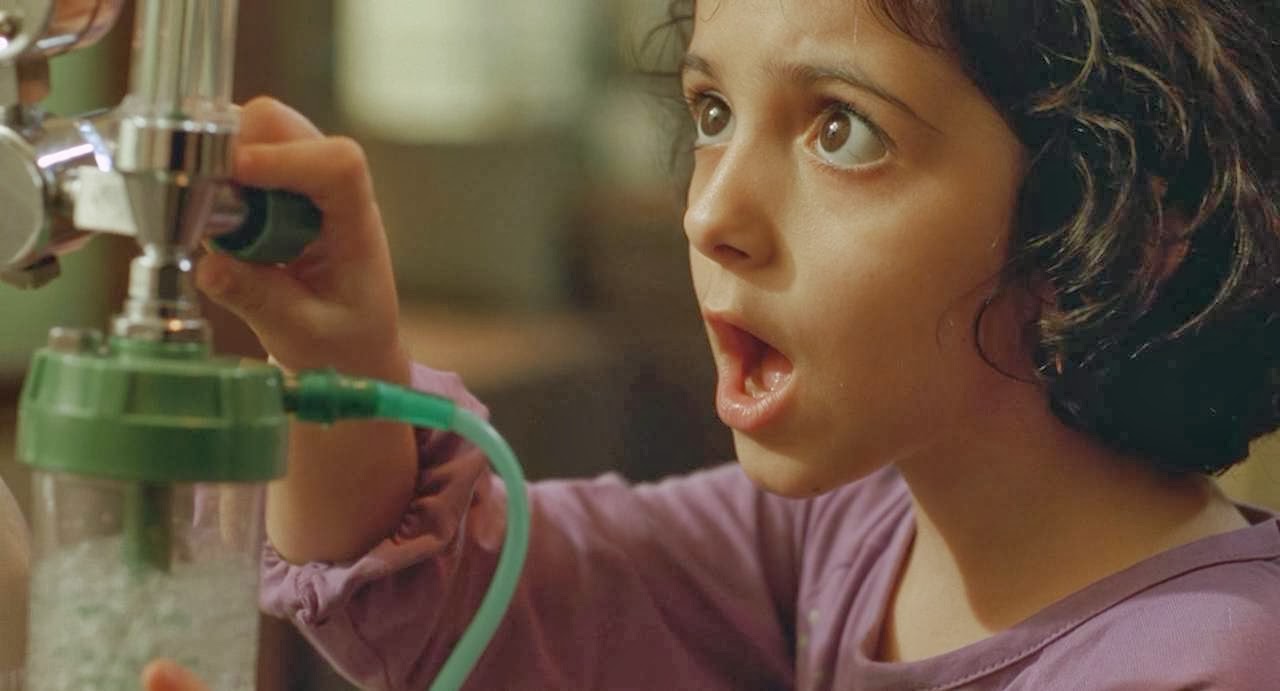
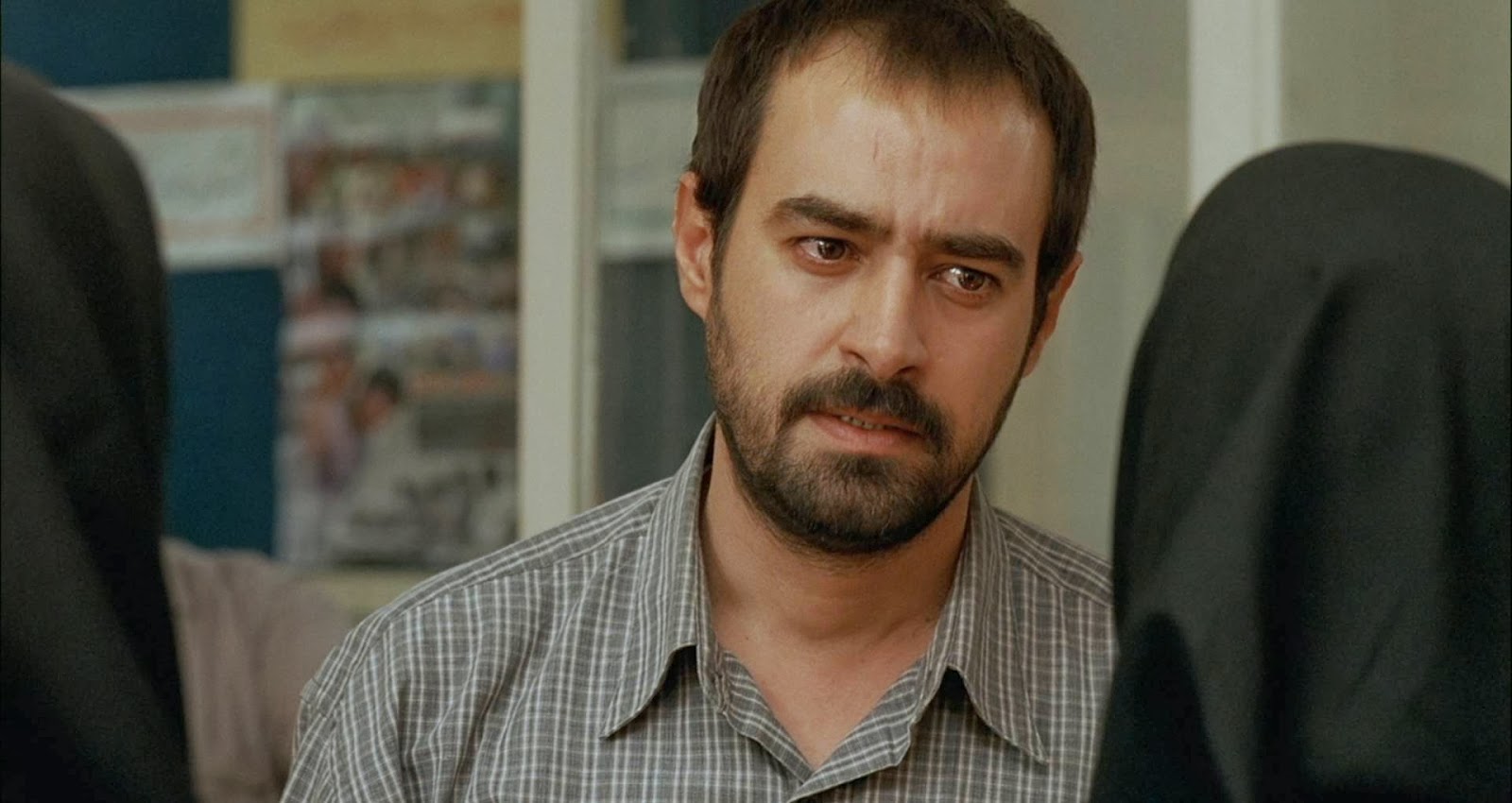



No comments:
Post a Comment